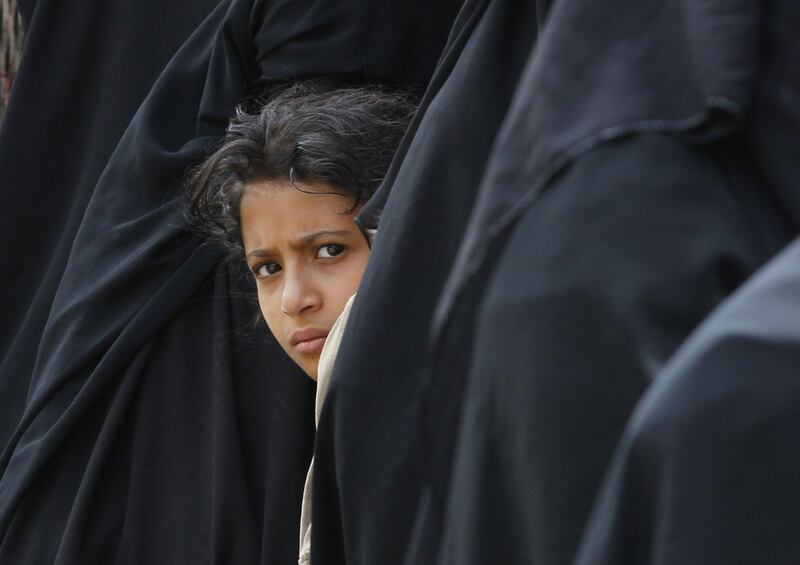Half a million cases of cholera have been reported in Yemen and more than 2,000 people have died since the outbreak began spreading rapidly earlier this year.
The epidemic has sparked one of the worst humanitarian crisis in the Middle East, with around 5,000 people infected per day in Yemen, according to the World Health Organisation.
Yemen was already impoverished and wracked by conflict before the start of the war. But almost three years since Houthi rebels seized the capital, the fighting has killed thousands and left millions facing starvation and disease.
Adding to the suffering, is the worst cholera outbreak in recent history.
The disease is endemic to Yemen but began spreading rapidly as disruption to medical services and infrastructure in the country increased.
The Saudi-led coalition blocked flights to Sanaa airport in August last year to stop the Houthi rebels from shipping arms into the country, but has since asked the UN to take control of the airport and resume flights to allow humanitarian aid access.
The UN has warned that the war is likely to cause an entire generation of Yemenis to lose any chance of rebuilding their country as children are the most affected by the lack of educational and medical services.
More than a quarter of the fatalities and 41 per cent of those who contracted cholera were children, according to the UN.
The WHO said the outbreak in Yemen is not likely to have a high fatality rate considering the number of cases. As long as those affected receive medical care, 99 per cent of cases can survive.
The new campaign from the Emirates Red Crescent launched in southern Yemen to mark Eid Al Adha will help various Yemeni families who have been displaced, or suffered from the brutal war.
UN special envoy to Yemen Ismail Ould Cheikh Ahmed has also made a renewed push to achieve a political solution to the nearly three-year-old war as he shuttles between the countries involved.
International organisations have stressed the importance of ending the war through a diplomatic solution and have agreed with Mr Cheikh Ahmed’s claim that there is no military resolution to the Yemen crisis.
The Saudi-led coalition, which includes the UAE, launch its military campaign in Yemen in 2015 after the Iran-backed Houthis captured Aden. The coalition aims to help Yemeni forces restore to power the internationally recognised president Abdrabu Mansur Hadi.





